What fruit should elderly people eat?
Fruits that are good for health and nutritional supplements for the elderly are the fruits that you need to pay attention to right now.

When entering the aging stage, organs begin to weaken, making the body always tired. Adding fruit to the diet will provide more vitamins, minerals and fiber that are good for the health of the elderly. So, what fruit should elderly people eat? We invite readers to read the article below.
1. Grapefruit
Grapefruit is a fruit that is low in calories and rich in nutrients that are good for older people. One medium-sized grapefruit contains 64% of the RDI of Vitamin C, which helps prevent respiratory and body infections. In addition, a 200-gram grapefruit contains 182 grams of water and 2.2 grams of fiber. These two ingredients can both help prevent constipation, common in older people, and promote a healthy digestive tract.
For the elderly, it is best to eat grapefruit about 30 minutes to 1 hour after breakfast. This is the "golden time" of the day, helping the body absorb the nutritional ingredients in grapefruit, providing energy to function during the day.
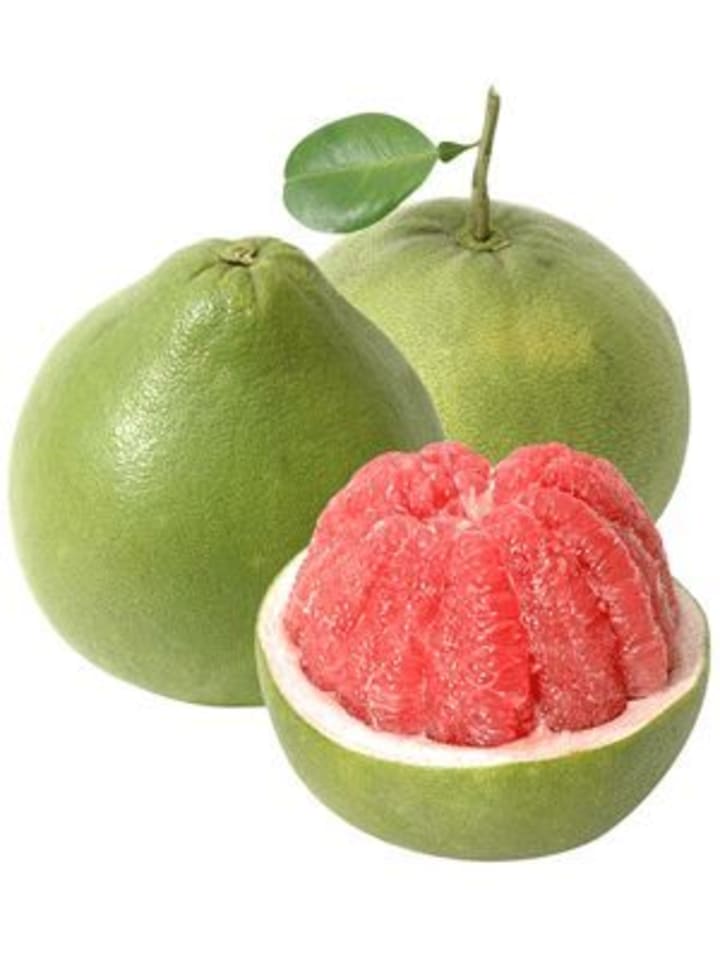
However, when eating grapefruit you need to pay attention to the following:
• Do not use grapefruit when using antibiotics: Fruits rich in vitamin C, including grapefruit, will reduce the ability to absorb drugs into the intestines.
• Do not eat grapefruit when hungry: When the stomach is empty, eating grapefruit will increase the amount of acid in the stomach, causing the elderly person to feel hungry, bloated, and dangerous for elderly people with money. History of stomach-related illness.
• Elderly people with diarrhea or poor digestion should not eat grapefruit: Grapefruit is cold and will worsen the condition of the elderly.
2. Apples
What fruit should elderly people eat? Apples are one of the most popular fruits in the world. With a low calorie content but containing a large amount of fiber, vitamin C and many different antioxidants, eating apples every day can help improve the health of the elderly.
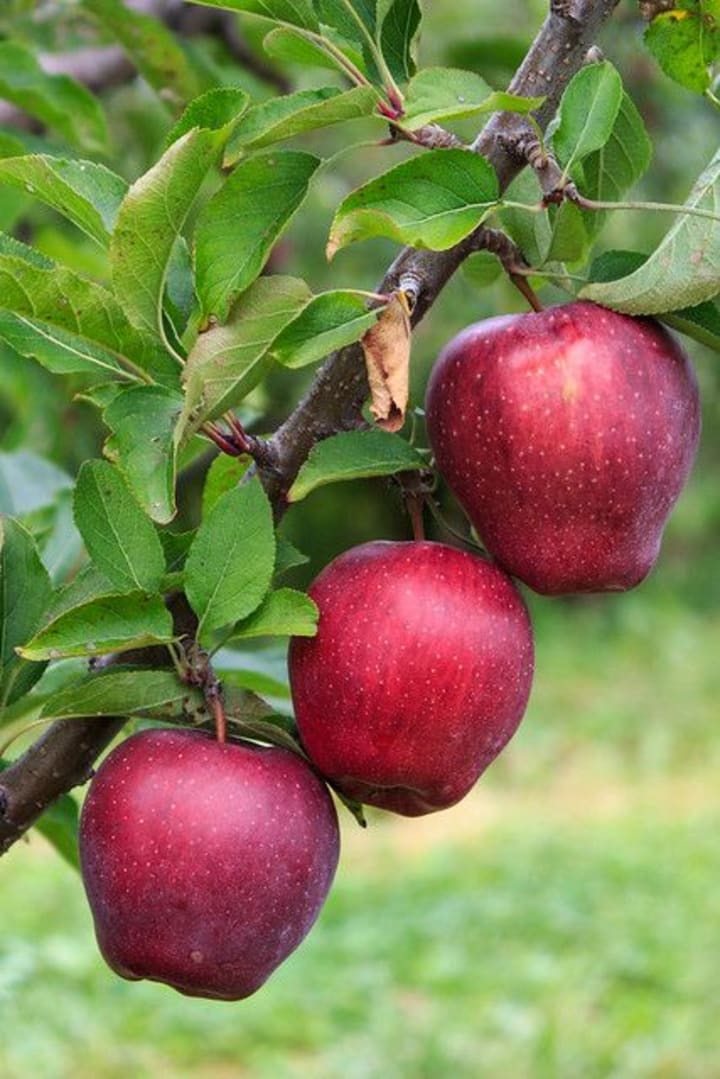
An apple a day will keep the doctor away
However, elderly people should not eat too many apples every day, because it can quickly increase the amount of fiber in a short time, causing bloating and gas. In addition, older people who need to limit their sugar intake should also pay attention when consuming apples. Besides, elderly people also need to pay attention to the time when using apples:
• The best time to eat apples is in the morning. Galactose acid in apples is very useful in detoxifying the body, while pectin in apple peel helps support digestive function and prevent constipation. When you eat apples 1-2 hours before breakfast, your body will absorb nutrients better.
• You should eat apple peels: Apple peels contain a lot of flavonoids and quercetin (in 100g of apple peels there is 19mg of quercetin), which helps reduce the risk of cardiovascular disease.
• Do not eat apples before bedtime because it will cause difficulty sleeping because the digestive system needs to rest, digestion will increase the burden on the stomach.
3. Grapes
Elderly people should eat grapes. This is a popular food. Grapes bring many benefits to the health of elderly people such as preventing cancer, heart disease, high blood pressure and constipation. For older people, the nutrient content in grapes also enhances immunity, supports constipation, Alzheimer's disease in the elderly, and prevents the growth of tumors in the lymph, liver, stomach, and colon. , skin cancer.
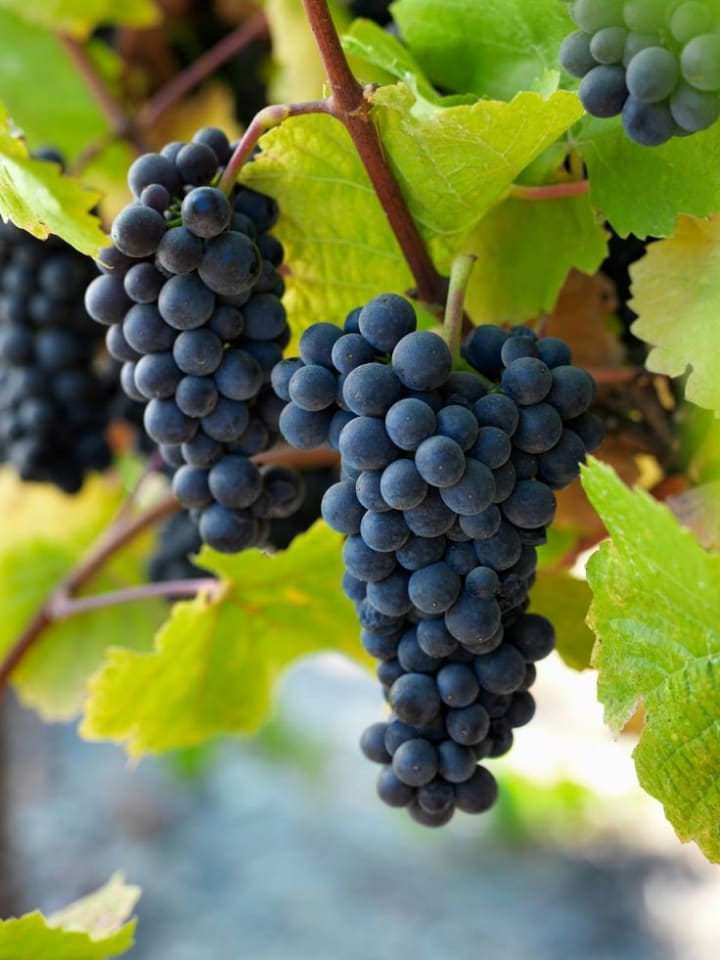
Grapes are known to be especially good for the elderly
• Do not eat grapes with seafood, milk, potassium-rich foods, or ginseng because it can affect absorption, cause precipitation with protein in milk, increase potassium excessively...
• People with diabetes, dental disease or poor digestive system should also limit eating grapes.
4. Kiwi
Kiwi fruit is especially rich in vitamin C, vitamin E and a small amount of vitamin A, which are very good in improving health in the elderly. Specifically, two small kiwis of about 80g will contain: 47mg of vitamin C, 39 Kcal, 2g of fiber and other compounds. Some special uses of kiwi include:
• Reduce symptoms of asthma:
• AIDS digestion:
• Improve the immune system:
• Support cardiovascular health
Kiwi fruit helps improve the immune system in older people.
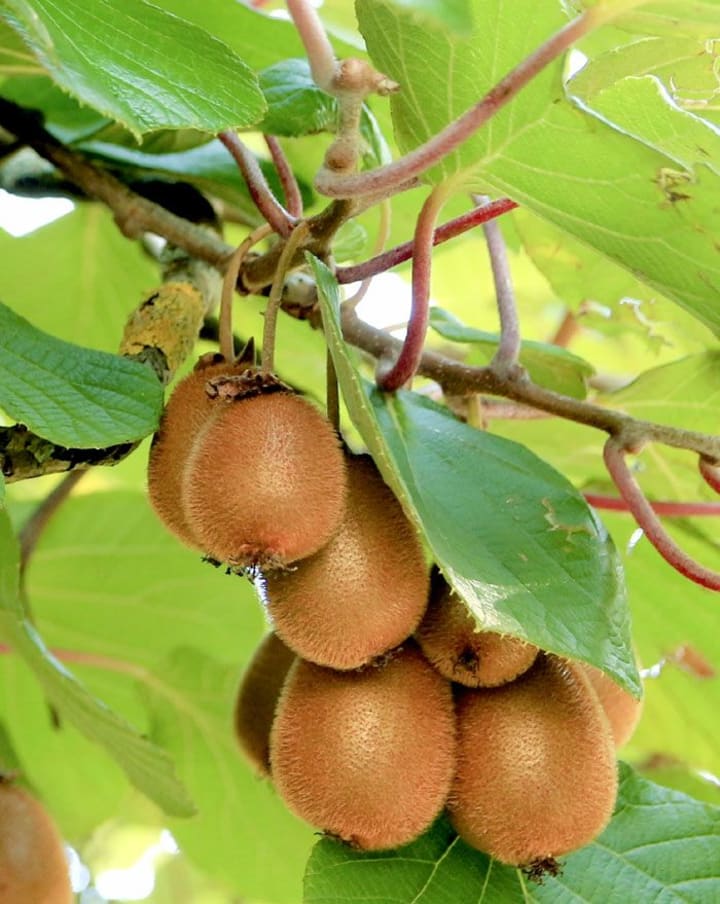
So how do elderly people need to use kiwi fruit properly and most effectively:
• Kiwi fruit easily causes allergies. Although symptoms in most sensitive people are mild, there are still cases of serious reactions. If you have a history of allergies to avocados, figs, hazelnuts, or pollen, you may have a cross-reaction with kiwifruit.
• Do not consume kiwi regularly while using blood pressure medications or anticoagulants as they may enhance their effects.
5. Bananas
Like other fruits, bananas also contain great nutrients that help reduce blood pressure, prevent kidney stones, reduce the risk of osteoporosis, and support digestion in the elderly. Every 100g of bananas will contain 3.7g of soluble fiber. This fiber will help eliminate toxins and waste in the intestinal tract more easily.
Therefore, elderly people should eat 1 banana a day to help completely cure long-term constipation. For the above reason, bananas are on the list of fruits that the elderly should eat.
In addition, it also plays a role in controlling blood sugar levels to help the digestive system function better.
Bananas control blood pressure well in older people
Besides the wonderful effects of bananas, you also need to pay attention to using bananas properly to receive many health benefits, specifically:
• Do not eat too many bananas because it can cause fatigue, sickness and diarrhea, even leading to paralysis of limbs and damage to the nervous system. You should only eat 2-3 bananas per day 1-2 hours after eating.
• Do not eat overripe bananas or bananas that have been left for a long time because they can increase the content of ingredients that are not good for the body such as tyramine, phenathylamine and amino acids.
• Do not eat bananas on an empty stomach because it will increase magnesium levels, causing an imbalance with vitamin C levels, making older people susceptible to stomach pain.
6. Blueberries
When talking about fruits that are good for the elderly, it is impossible not to mention blueberries. It contains nutritional ingredients such as antioxidants, vitamins C, K and is rich in fiber to help slow down the aging process, protect heart health, prevent cancer and diabetes in the elderly.
Great effects for the elderly include helping to maintain brain function and improve memory. One study has shown that blueberry consumption can improve memory function in older adults with memory loss [1].
Blueberries help improve memory in the elderly
Every day, older people should eat about 100 - 150 grams per day and 2 - 3 times a week is best.
Be especially careful not to eat too much because you may experience side effects such as bloating, diarrhea, skin rashes, fainting, bleeding, difficulty breathing or low blood pressure.
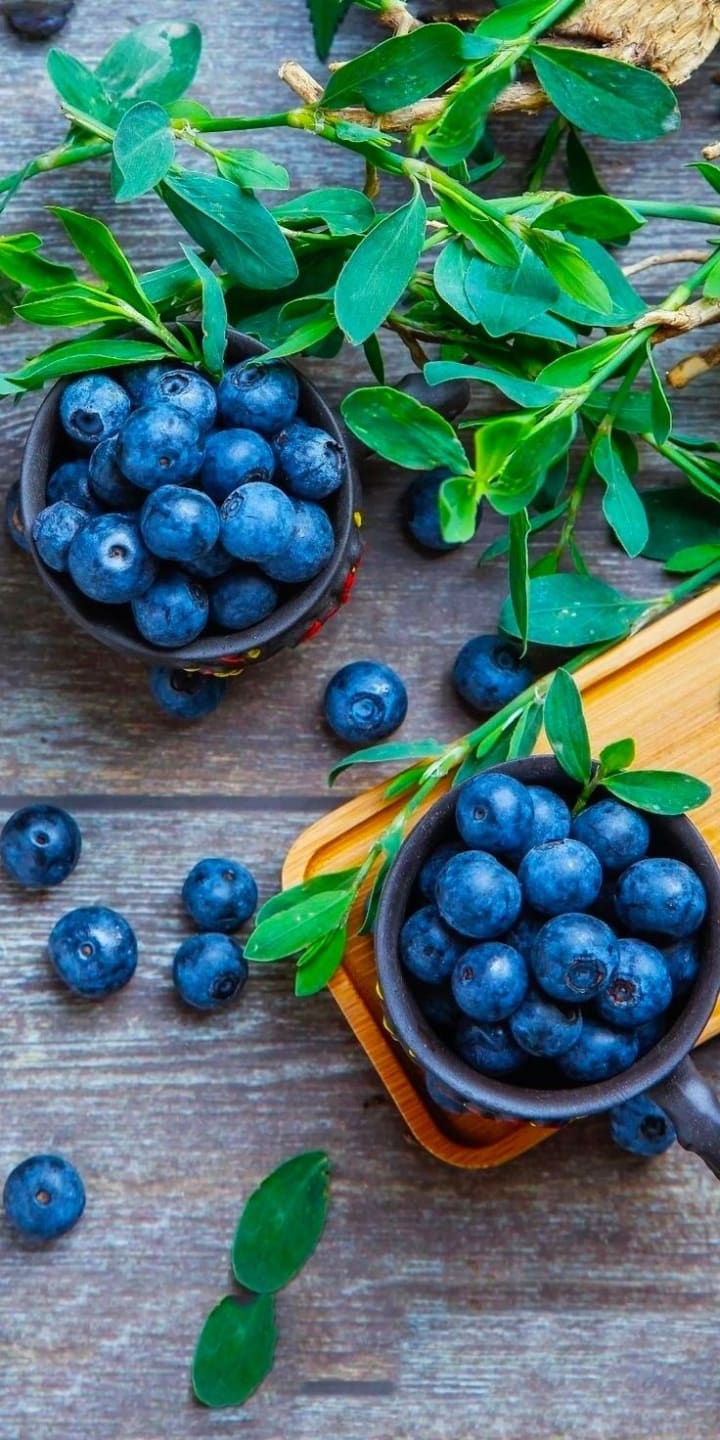
About the Creator
Cindy Pham
Welcome to Cindy's page, a space where we delve into the depths of human experiences, exploring stories that ignite our spirits and empower us to embrace the beauty of life.
Enjoyed the story? Support the Creator.
Subscribe for free to receive all their stories in your feed. You could also pledge your support or give them a one-off tip, letting them know you appreciate their work.






Comments
There are no comments for this story
Be the first to respond and start the conversation.